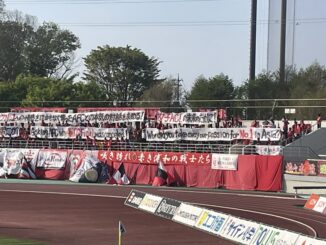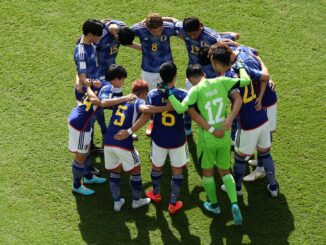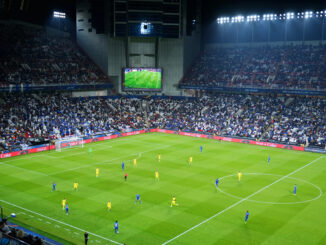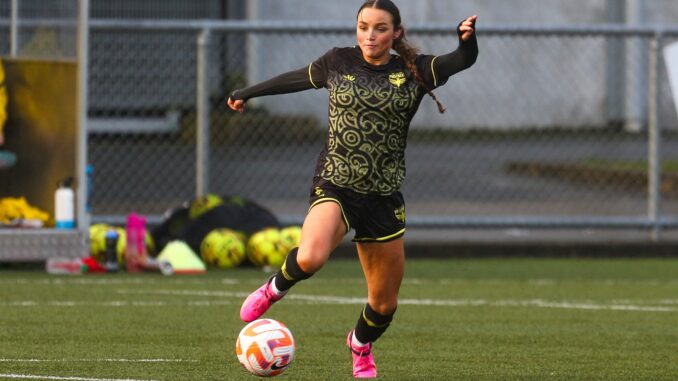

True World Cup magic often happens away from the spotlight.
Certainly this has been the case in Wellington, New Zealand where the country’s only professional football club has taken full advantage of the cross-cultural learning opportunities major tournaments such as the FIFA Women’s World Cup provide.
The Manaaki Invitational was an international youth tournament hosted by Wellington Phoenix in July, contested over three days with players and coaches taking time out to attend several Women’s World Cup group stage matches at the local Wellington Regional Stadium.
Japanese club Shonan Bellmare, Soccer.com and California FC from the US and, of course, Wellington Phoenix were the four clubs to put forward female youth teams, with all sides playing each other at least once in a highly productive exchange of football culture and styles of play.
Speaking with The Asian Game, the Phoenix’s female development lead, Katie Barriott, detailed the fundamental reasons for hosting this exercise.
“We knew of teams from various countries visiting New Zealand and saw this as an opportunity to welcome them into our home and show them what we do as an academy,” she explained.
“Equally it’s a great learning opportunity for our players.”
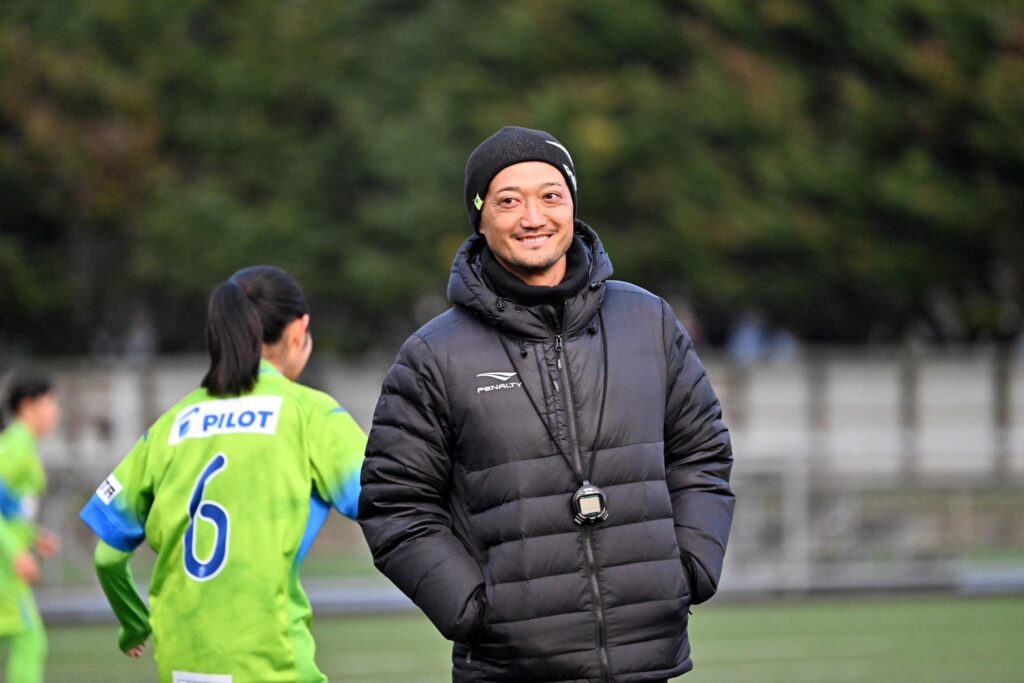
Offering a visitor’s perspective, Bellmare Girls U15 head coach, Taka Ishihara, was in full comprehension of the benefits such an opportunity brings for his team.
“This is a chance for our young Japanese players to gain confidence when communicating with and competing against players from overseas,” Ishihara said.
“In addition, this was also an opportunity for coaches from various countries to exchange ideas and concepts.”
Whilst Japanese players are often perceived to struggle when pitted against international opponents as a result of the difference physicality, their well harnessed technical ability receives regular praise and admiration, as Barriott was quick to point out.
“I think the technical foundation of every one of their players was exceptional,” she said.
“It was really exciting to watch and they’re just a group of players that clearly love playing football.”
It is fair to say that the football styles of Japan and New Zealand are somewhat polarising.
On the one hand Japan cherishes technique and organised passing sequences, while New Zealand tends to place more emphasis on strength and physical attributes. How these two cultures might rub off on each other is a point of interest to say the least.
The learning experience also extended to the coaching staff, who were engaged in a seminar on the morning of the second matchday.
Coaching philosophies and best practices were shared between all competing clubs, whose representatives delivered presentations in turn. In similar fashion to the cultural exchange taking place on the pitch, ideas flowed between those responsible for implementing the football.
Arguably the greatest enablement of any World Cup is the platform it provides for the gathering of football lovers from various heritages. The Manaaki Invitational applaudably embraced these values with all participants returning home a little more the wiser having been exposed to different perspectives on the world’s game.
Most importantly, perhaps, is the footprint an international tournament such as this leaves on local grassroots football and the wider community. The Phoenix’s academy director, Steve Coleman, offered his unequivocal opinion on the benefits of hosting the tournament.
“The visibility of the game is key,” he said. “This tournament allows for it to become visible to the masses and, in a country where football is not the nation’s sport, that makes such a big difference.”
Commitment to grassroots football might form the fundamental basis of any long-term development initiative, but efforts must continue up until the senior age categories for a true football culture to manifest.
Coleman goes on explain how this Women’s World Cup can encourage aspiring young female footballers to take that all important next step.
“It’s the ability of having somewhere to go that helps them improve,” he explained.
“Theres an awful lot of good work going on in grassroots to get girls involved in football but there isn’t always that next step. I think this tournament will give young players who have aspirations of becoming a professional footballer the right perspective and ability to dream.”
True to it’s Māori meaning, the Manaaki Invitational welcomed visitors far and wide to an inter-cultural event that has better educated all involved.
Without question this event serves as a fine example of how an international tournament such as the Women’s World Cup can, and should, make contributions on much wider level long after it has reached its conclusion.
Photo: Wellington Phoenix Academy


